I used two databases, one is default sqlite3 and another mysql. I just created a model Post under app named theapp. I have also created routers.py.
This is settings.py
DATABASES = {
'default': {
'ENGINE': 'django.db.backends.sqlite3',
'NAME': os.path.join(BASE_DIR, 'db.sqlite3'),
},
'customer': {
'NAME': 'customer',
'ENGINE': 'django.db.backends.mysql',
'USER': 'root',
'PASSWORD': 'haha',
}
}
This is routers.py
class CustomerRouter:
"""
A router to control all database operations on models in the
auth application.
"""
def db_for_read(self, model, **hints):
"""
Attempts to read auth models go to auth_db.
"""
if model._meta.app_label == 'theapp':
return 'customer'
return None
def db_for_write(self, model, **hints):
"""
Attempts to write auth models go to auth_db.
"""
if model._meta.app_label == 'theapp':
return 'customer'
return None
def allow_relation(self, obj1, obj2, **hints):
"""
Allow relations if a model in the auth app is involved.
"""
if obj1._meta.app_label == 'theapp' or \
obj2._meta.app_label == 'theapp':
return True
return None
def allow_migrate(self, db, app_label, model_name=None, **hints):
"""
Make sure the auth app only appears in the 'auth_db'
database.
"""
if app_label == 'theapp':
return db == 'customer'
return None
This is my models.py
from django.db import models
from django.utils import timezone
class Post(models.Model):
author = models.ForeignKey('auth.User', on_delete=models.CASCADE)
title = models.CharField(max_length=200)
text = models.TextField()
created_date = models.DateTimeField(
default=timezone.now)
published_date = models.DateTimeField(
blank=True, null=True)
def publish(self):
self.published_date = timezone.now()
self.save()
def __str__(self):
return self.title
This is what happening when I am trying to open posts table in admin panel
any ideas?
